“Your light has not been quenched though you have fallen. You move, guerilla, a figure on a flaming steed through the mountains, wind, and clouds. Silenced, you are not silent. And though they burn your body, though they hide you away in graveyards, forests, cold uplands, they cannot keep us from you. Che commander, friend, and brother.” Poem by Nicolas Guillen written on October 15, 1967.
Wednesday June 14, 2023 is the 95th anniversary of the birth of Ernesto Che Guevara, a life prematurely cut short, by his murder at the hands of the Bolivian armed forces. Che was born in 1928 in the Argentinian city of Rosario, to a family that by all accounts had aristocratic connections and wasn’t in the least poor. It appears that revolutionary struggle was in Che’s “DNA” because, a distant relative fought against the Argentinian dictatorship in 1850, and was forced into exile, in the United States. Subsequently, the ancestor met and married a Mexican woman, whose son was an American citizen, who later married a woman from California. This couple migrated to Argentina, had a son whose name was Ernesto Guevara, Che’s father.
Che Guevara’s early childhood years were challenging because of his battle with asthma, which forced the family to move from Buenos Aires to Alta Gracia, a town with a less humid and polluted environment. Che’s asthma, although controlled in adulthood was not as bad as his childhood and teenage years; however, despite his medical condition and social activism, Che completed medical school in 1953.
Commander Che Guevara
Che’s appetite for knowledge, contact, and interaction with ordinary people, made him take voluntary tours throughout his native Argentina and several Latin American countries: Chile, Venezuela, and Guatemala among others, where he encouraged the people to fight on in defense of imperialist’s involvement to overthrow the progressive government of Jacobo Arbenz. He even assisted in the transport of weapons, until he was forced to become a political refugee in the Argentinian embassy. The most remarkable aspect of Che’s life was about to begin. After leaving the embassy he entered Mexico unceremoniously (by swimming across a river) where he once again met up with Cuban exiles. He became friends with Raul Castro who introduced him to Fidel. Che would later recall: “I talked with Fidel all night, and by dawn I had become the doctor of the future expedition. In reality, after my experiences all over Latin America, and the coup de grace in Guatemala, it didn’t take much to arouse my interest in joining any revolution against tyranny.”
Che’s participation in the “second coming” of the 26th of July Movement when they landed on the shores of Cuba in December 1956, has been well documented. Theoretically the groups doctor, he disliked being called “doctor;” he told the group that they were all warriors, with the same revolutionary goals. By all accounts Che Guevara was an exceptional soldier and leader and was not afraid to confront any task no matter how dangerous. Che Guevara was the leader of the contingent that liberated Santa Clara in 1958, the decisive battle of the revolution. Fidel in a speech in 1967 remarked: “This was one of his principal characteristics: his willingness to instantly volunteer for the most dangerous missions… Che was an incomparable leader; Che was from a military point of view, an extraordinarily capable man, extraordinarily courageous, extraordinarily aggressive.” Che was made Comandante by the revolutionary army and was part of the victorious group that marched into Havana that 1st day of January 1959.
Che Guevara - The Government Minister
One of Che’s many appointments in the Revolutionary Government was President of the National Bank. Immediately his genius and vision, along with his thorough understanding of imperialism, was put to work. He converted all of Cuba’s gold reserves into cash and deposited the money outside of the United States. Had he not done this, when the US seized all of Cuba’s assets, the revolutionary government would have been crippled and the country bankrupt, paving the way to subvert and destroy the revolution in its infancy.
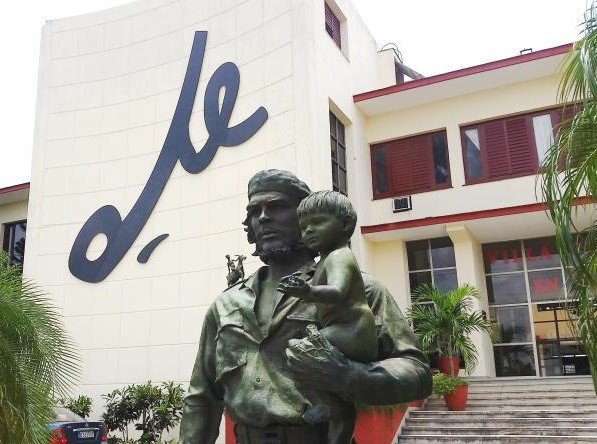
Photo: Freddy Perez Cabrera
As Head of the Industrial Department in the National Institute of Agrarian Reform, Che Guevara made sweeping and fundamental land use and redistribution Policies; according to author John Gerassi, much of the success of the department was credited to the leadership and foresight of Che. An extremely hard worker, Che travelled extensively during the early years of the revolutionary victory; he made trips to Africa, Asia, and Europe establishing successful trade agreements.
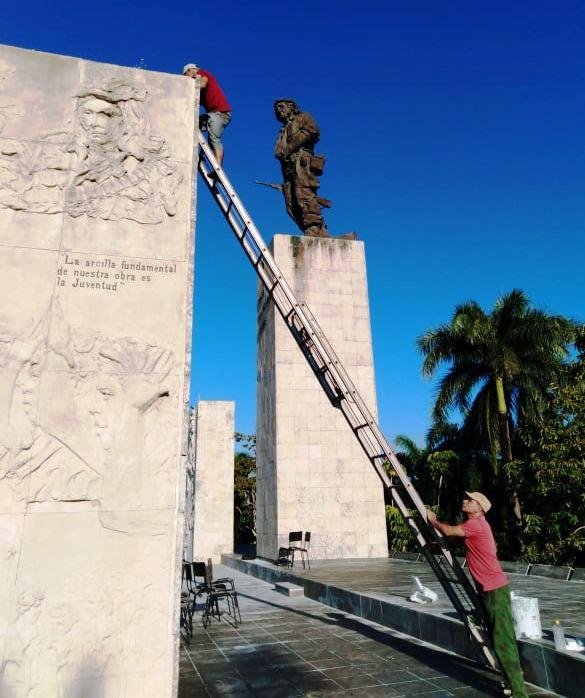
Renovation work at the Che Guevara Sculptural Complex - Photo: Freddy Perez Cabrera
Cuban author Graziella Pogolotti wrote about Che’s remarkable discipline: “Subjected to a rigorous discipline, in the midst of high responsibilities and overwhelming tasks of all kinds, stealing hours of sleep, he maintained a systematic dedication to study. He thoroughly analyzed the classics of Marxism, engaged in intricate problems of economics, at the same time, at dawn, he received mathematics classes from Professor Salvador Vilaseca. With this instrument in hand, he created the ideal space to establish intense debates with high-ranking national interlocutors and with very prestigious figures at the international level.”
This intellectual brilliance was later confirmed by Walter Sauer, executive VP of the Export-Import Bank, after having discussions with Che about finances: “Guevara knows and understands foreign exchange, balance of payments, etc. and in fact he understands finance and economics, and he knows exactly where the hell he is going. It was just like talking to another banker, except that the son-of-a-bitch is an orthodox Marxist.”
The Legacy of Che Guevara
From all accounts by his former combatants, government department subordinates and citizens across the country of Cuba, Che was an exceptional and exemplary human being. He was disciplined, knowledgeable in world affairs, honest and committed to building Socialism, raising the living conditions of not only the people of Cuba, but to the oppressed wherever they are. This latter characteristic is most evident in his decision to directly participate in the Bolivian liberation struggle. This quote in Granma sums it all up: “Che’s involvement in the Bolivian struggle is a testament to his unwavering commitment to the service of mankind: he was always willing to fight for the oppressed; for people he never met; for the poor; for those discriminated against and those who have never benefited from the rewards of capitalism.”
After the defeat and assassination of Che by the Bolivian armed forces in 1967, the remains of Che and his fellow combatants were returned to Santa Clara Cuba on July 12, 1997. Granma reported in October of 2022 commemorating the 55th year of Che’s fall in combat: “In an endless line, which lasted day and night, thousands of Villa Clara passed in front of the ossuaries of Che and the fighters René Martínez Tamayo (Arturo), Alberto Fernández Montes de Oca (Pacho), Orlando Pantoja Tamayo (Antonio), the guerrillas Simeón Cuba (Willy) and Carlos Coello (Tuma), in addition to the Peruvian Juan Pablo Chang (El Chino), to place a flower, whisper a feeling or simply express: "Until victory always."
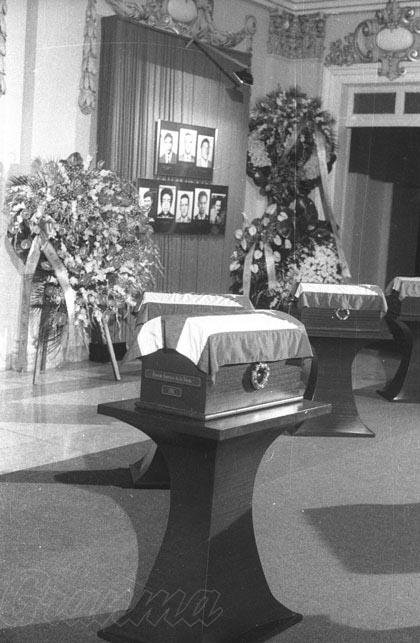
Transfer of the remains of Che Guevara and his companions - Photo: Granma
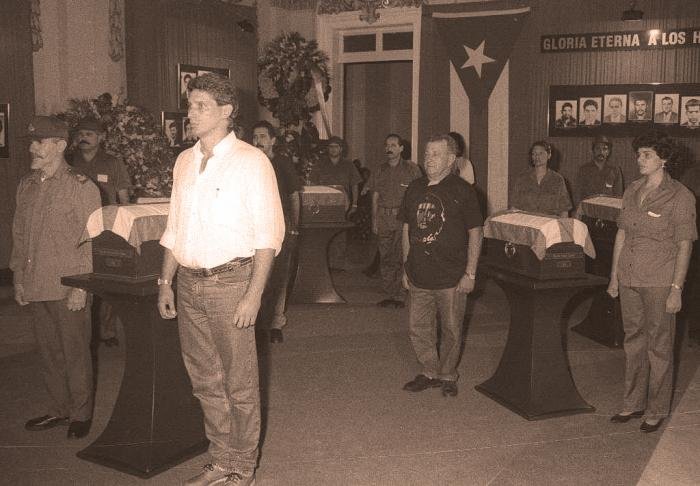
The first Honor Guard for the return of the remains of Che and his companions - Photo: Granma
Upon arrival, Che's daughter, Aleida Guevara March, said: "Today his remains come to us, but they do not arrive defeated. They come turned into heroes, eternally young, brave, strong, bold. No one can take that away from us; they will always be alive with their children, in the village." That same day, in another moving ceremony, they were temporarily deposited in the Granma Room of the Ministry of the Revolutionary Armed Forces. At the ceremony receiving the remains of Che and his compatriots, then President the late Fidel Castro said: "We do not come to bid farewell to Che and his heroic companions. We come to receive you," Fidel further referred to Che as a “moral giant.”
Che Guevara was very instrumental in initiating volunteer work from the inception of the revolution. In that regard and in honor of his selfless contributions to the revolution, the Workers Center of Cuba, and its Unions, called for a National Day of Voluntary Work last October 8th and 9th 2022; the initiative mobilized thousands of Cubans to participate in recovery efforts in areas that were damaged by hurricane Ian. In Mayabeque, Santa Cruz del Norte, there is a Thermoelectric Power Plant named in honor of Che; the Ernesto Guevara de la Serna Thermoelectric Power Plant is part of the project to synchronize the plant with the National Electric Power System, to provide improved electrical distribution for the Island.
It has been 56 years since Commander Ernesto Che Guevara fell in combat, during his engagement in the Bolivian liberation struggle. Although this engagement ended cowardly in his murder, it serves as a testament to his courage, commitment, and sacrifice to the cause of social justice and his love for humanity. Che is revered all over the world by people who share a common goal for peace, democracy, social progress, and are engaged in the struggle against imperialist domination, militarism, and the potential destruction of the planet through the threat of nuclear war. Che’s exemplary life of hard work, honesty, and humanism, continue to inspire the young people all across the island of Cuba, when they proclaim, “we will be like Che.”
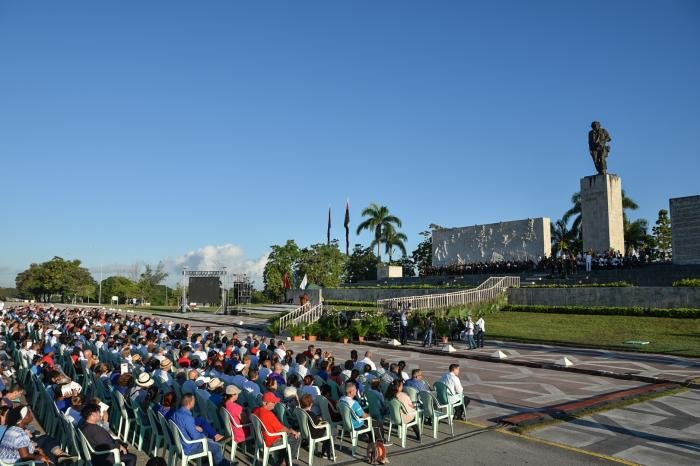
Tribute in Santa Clara to Che Guevara - Photo: Ariel Cecillo
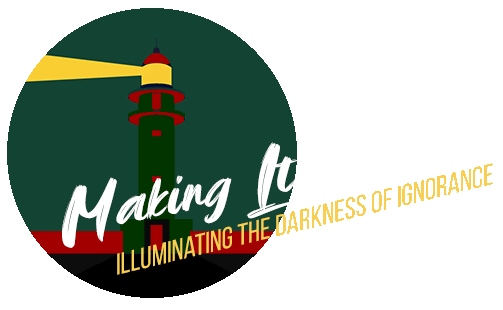
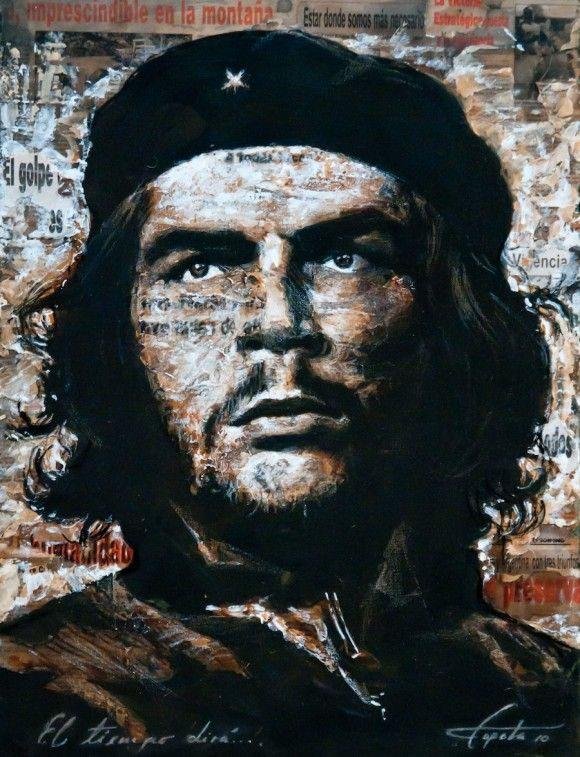
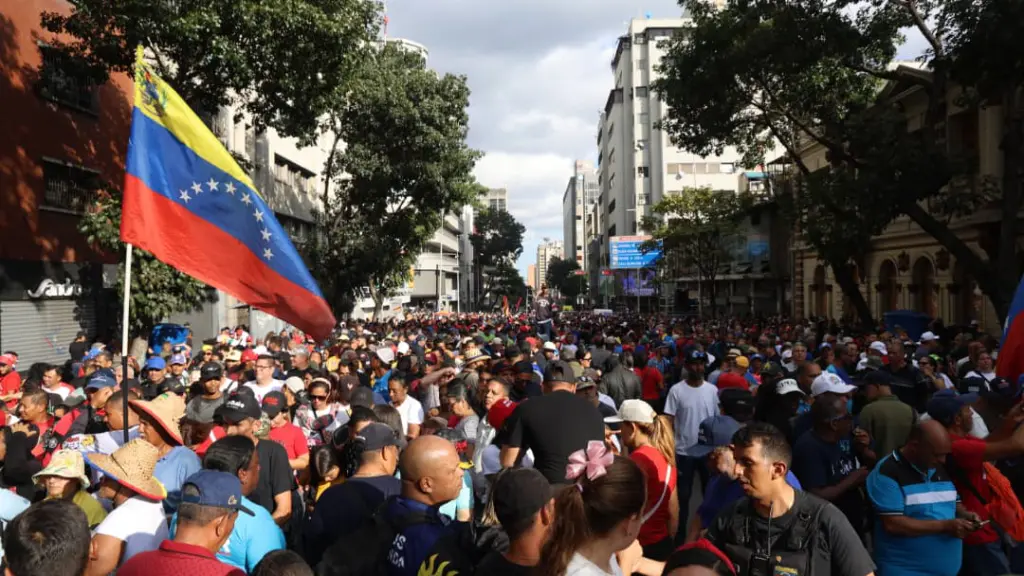
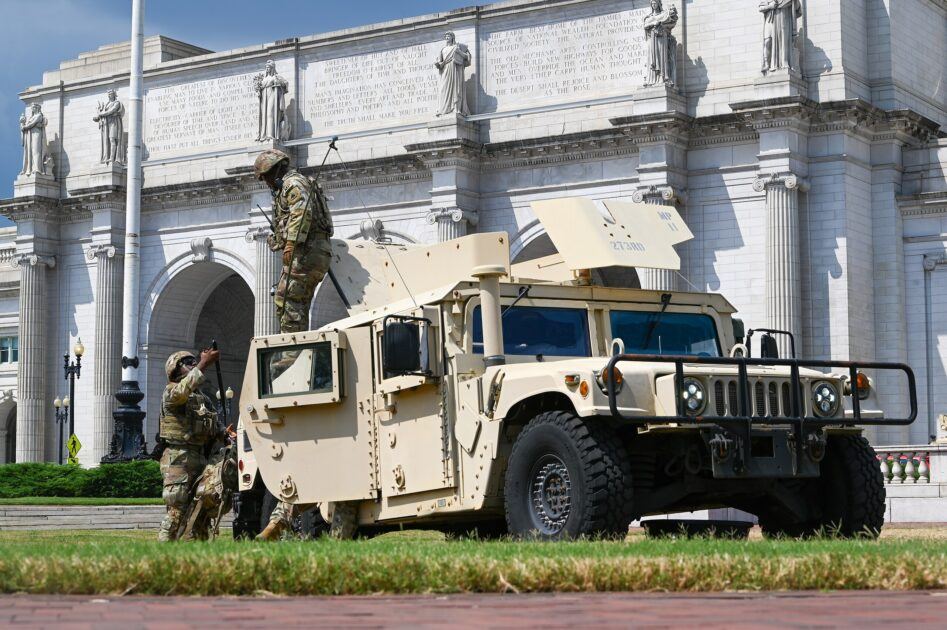

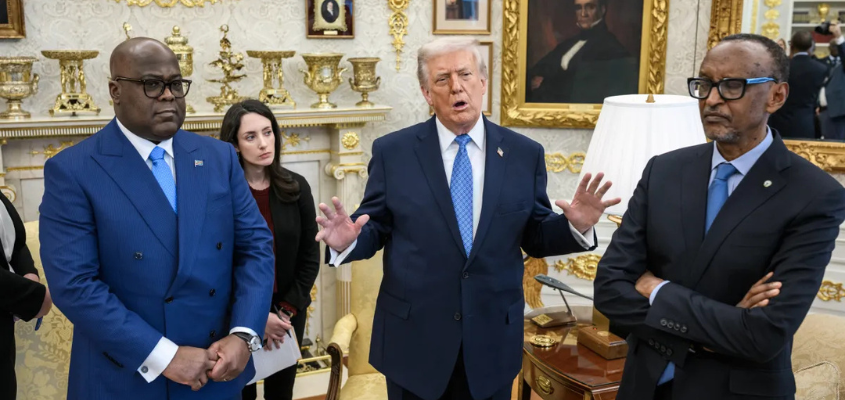
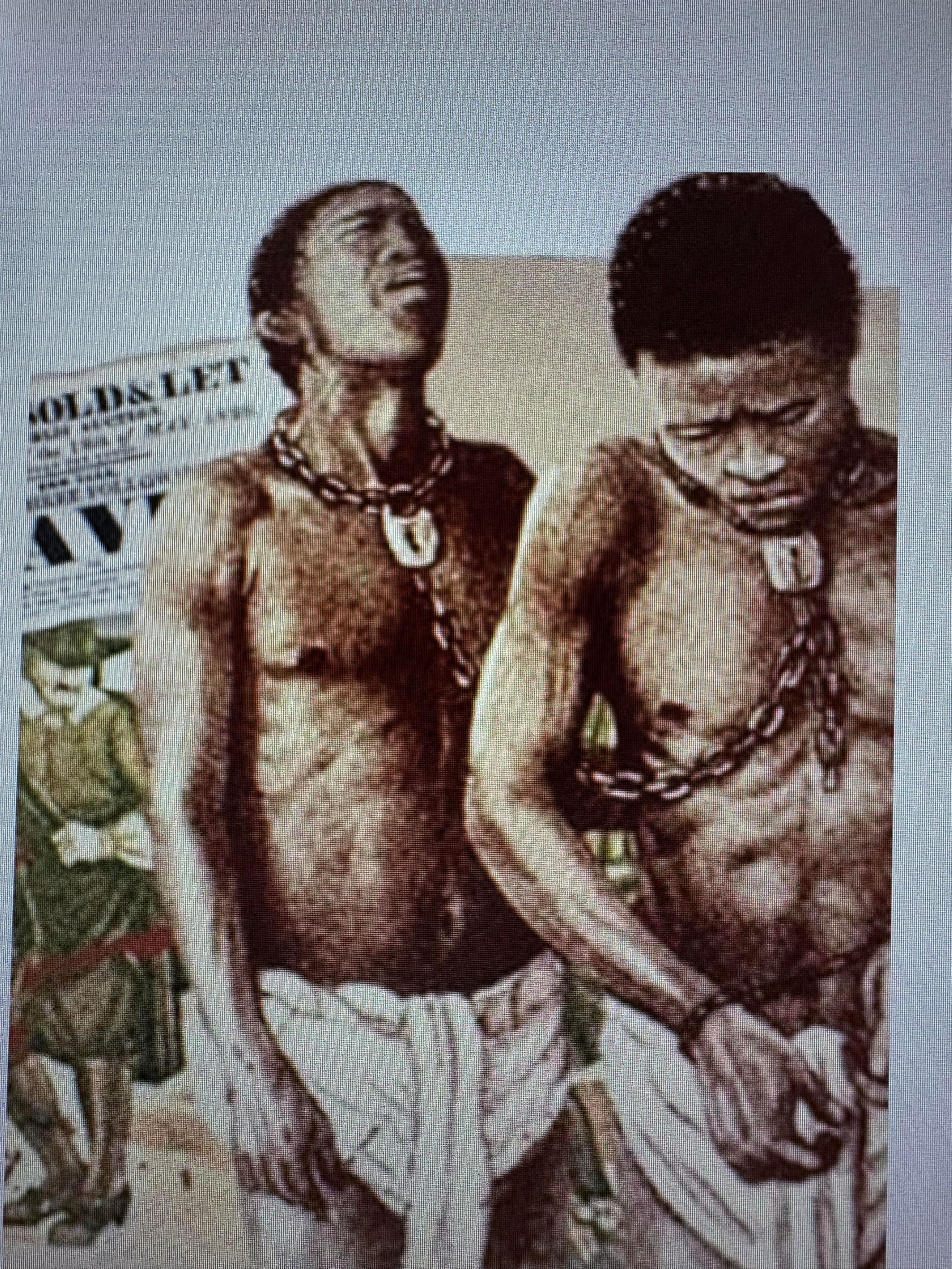

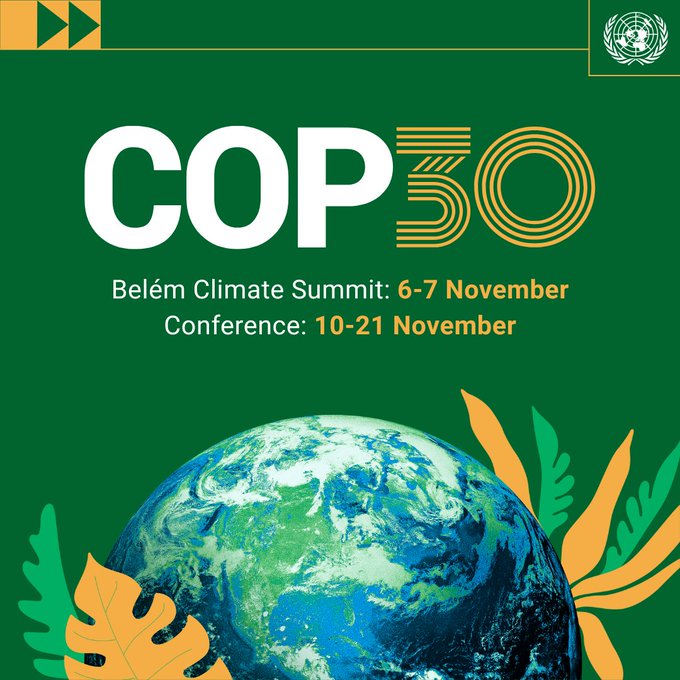

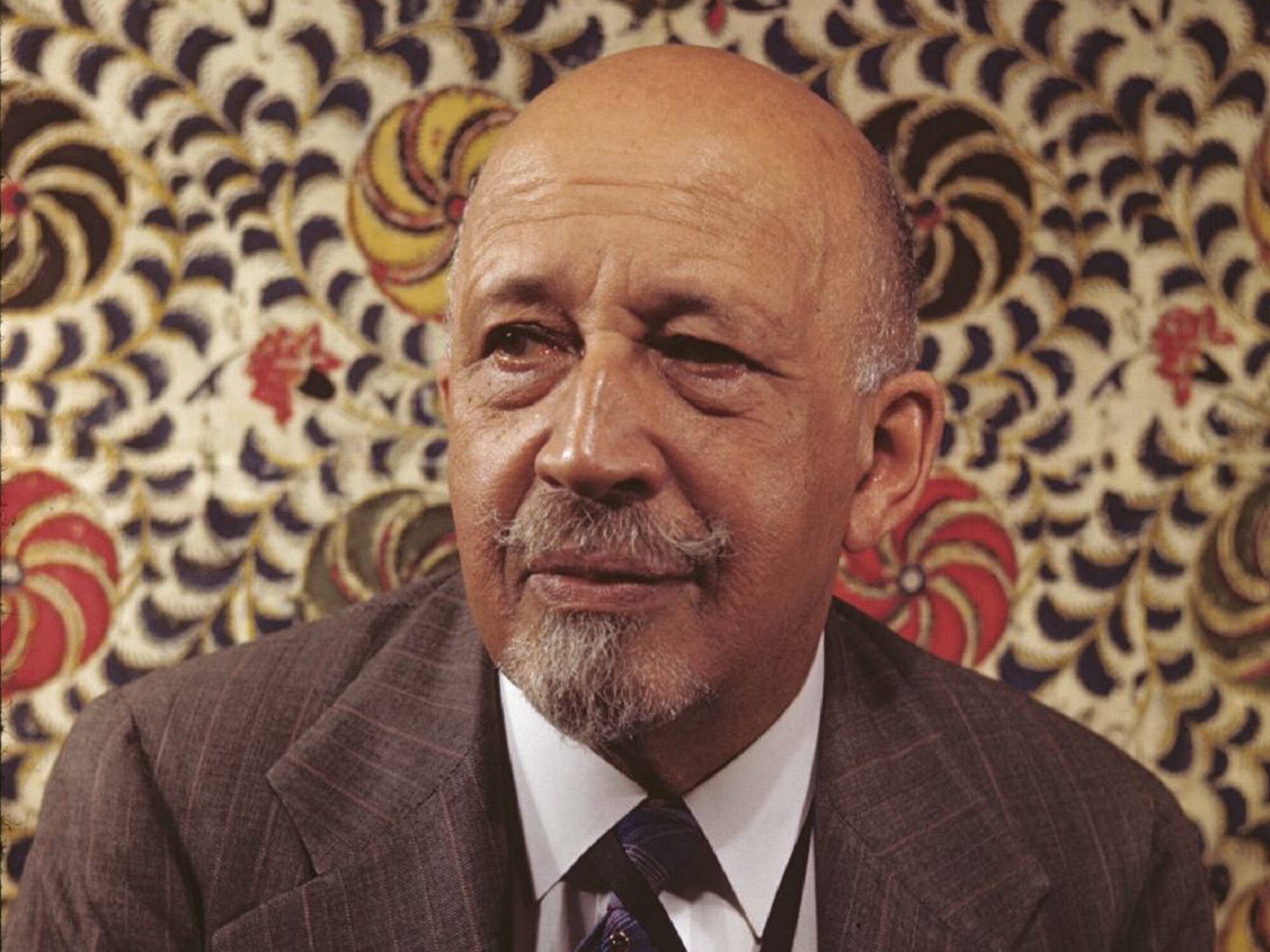

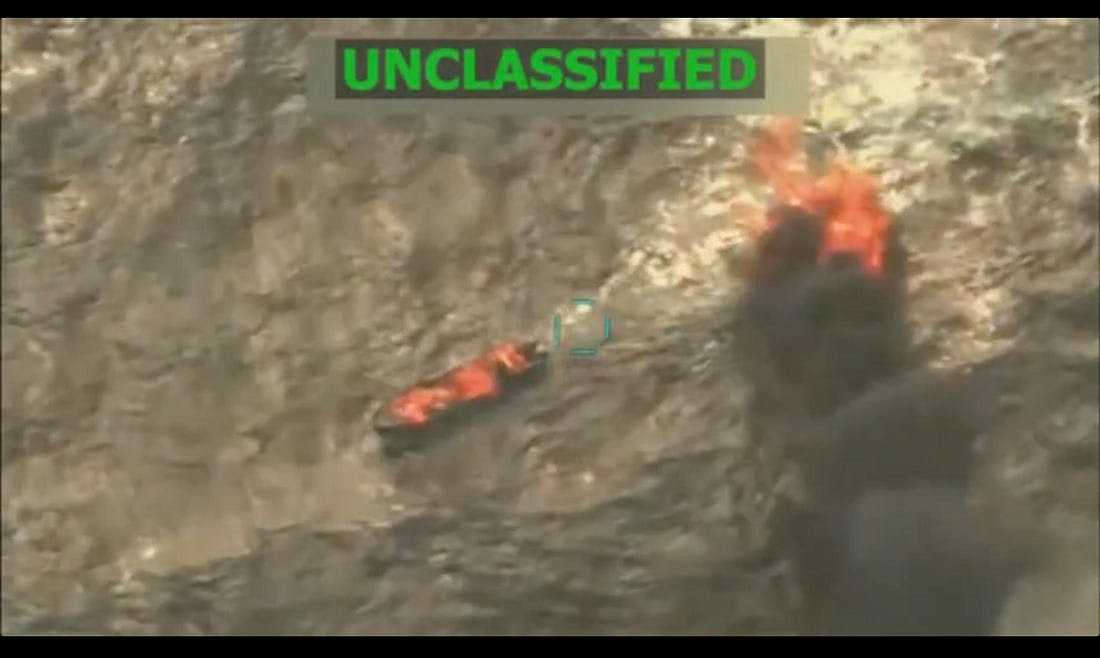
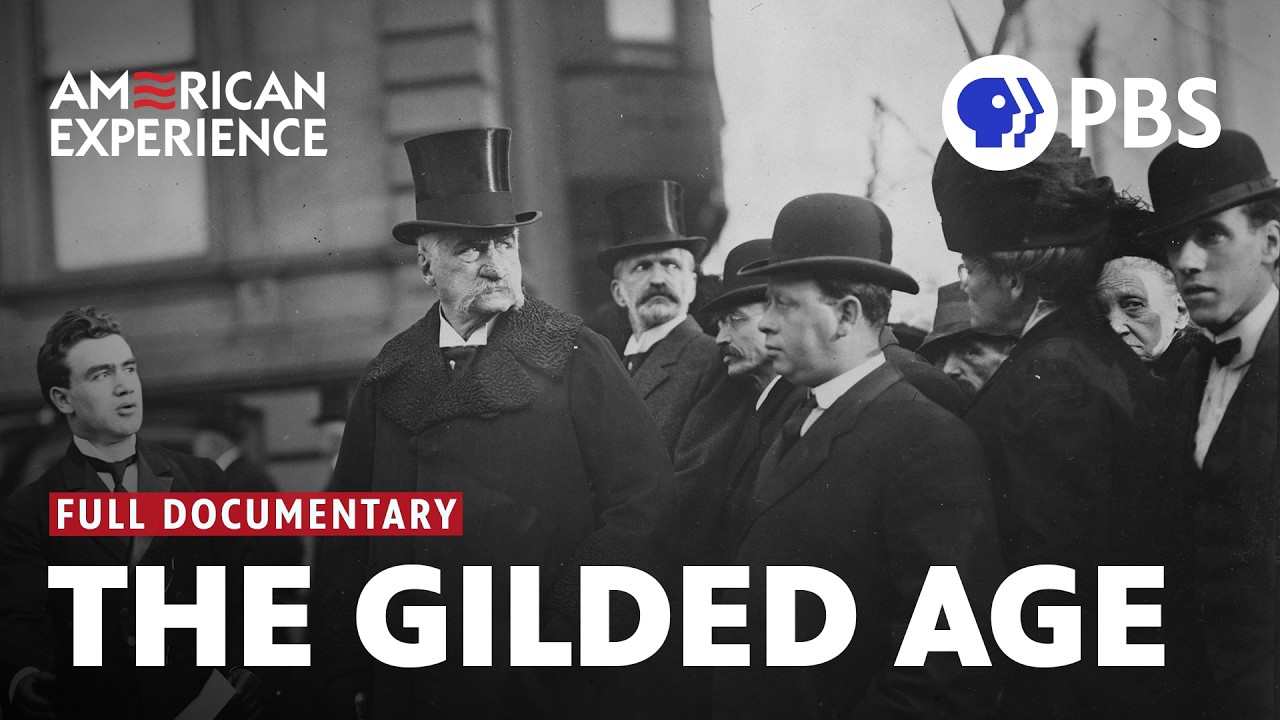
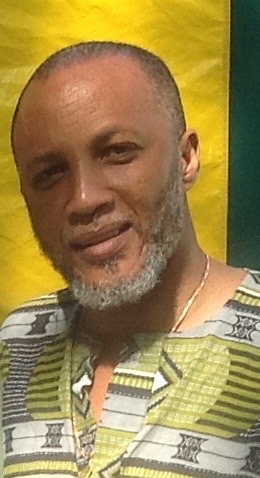
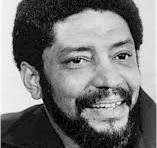
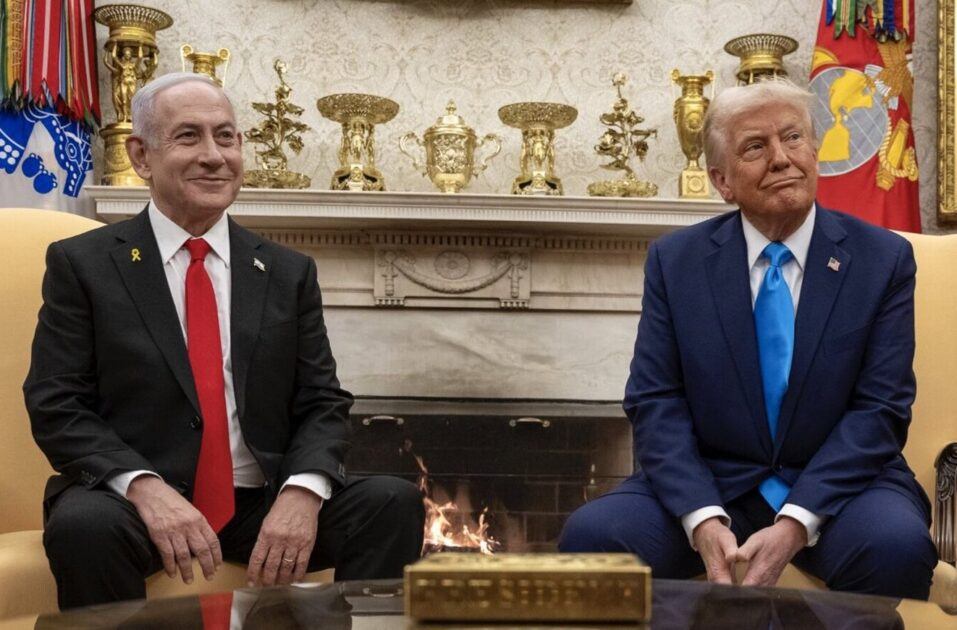
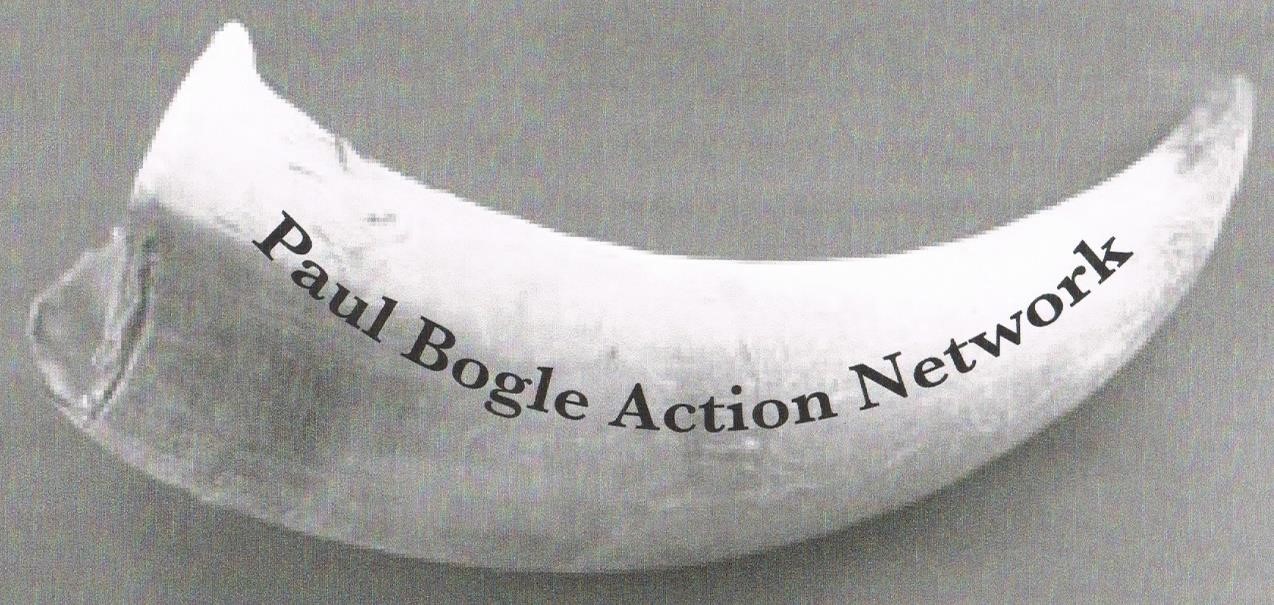

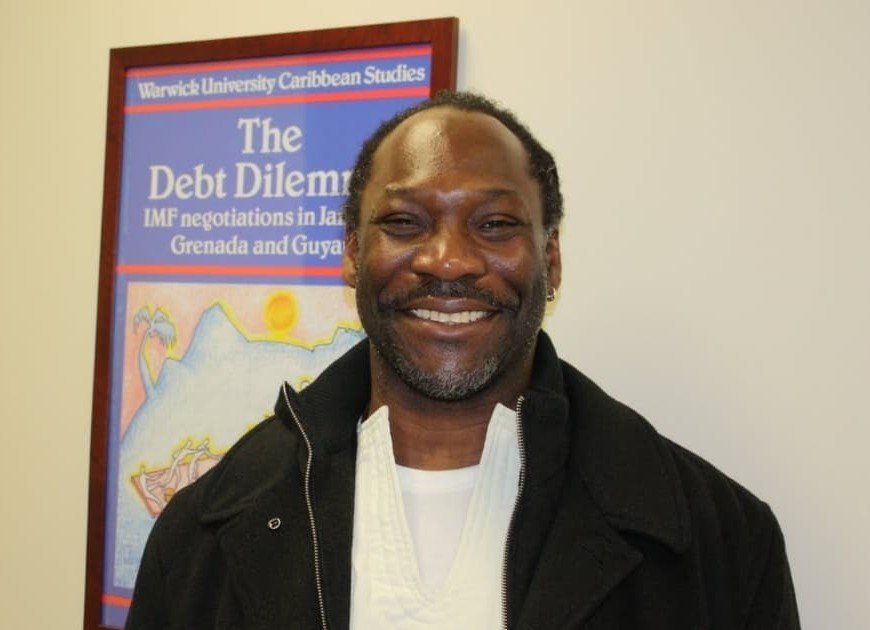
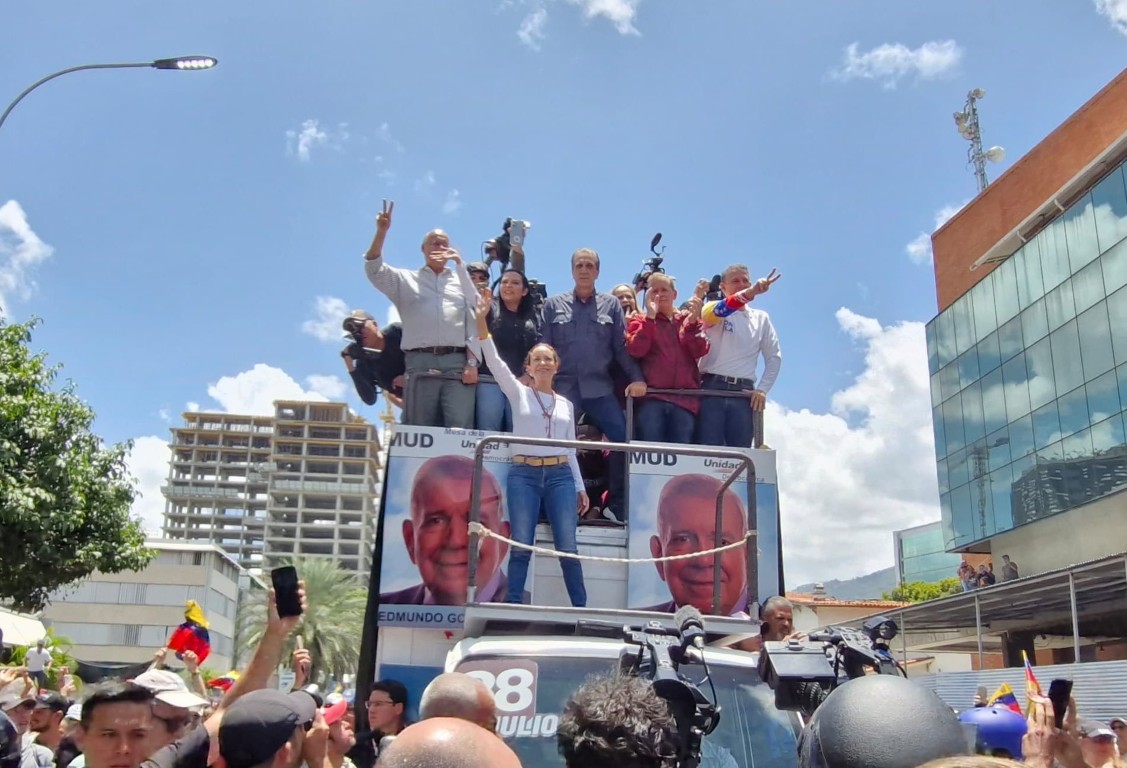
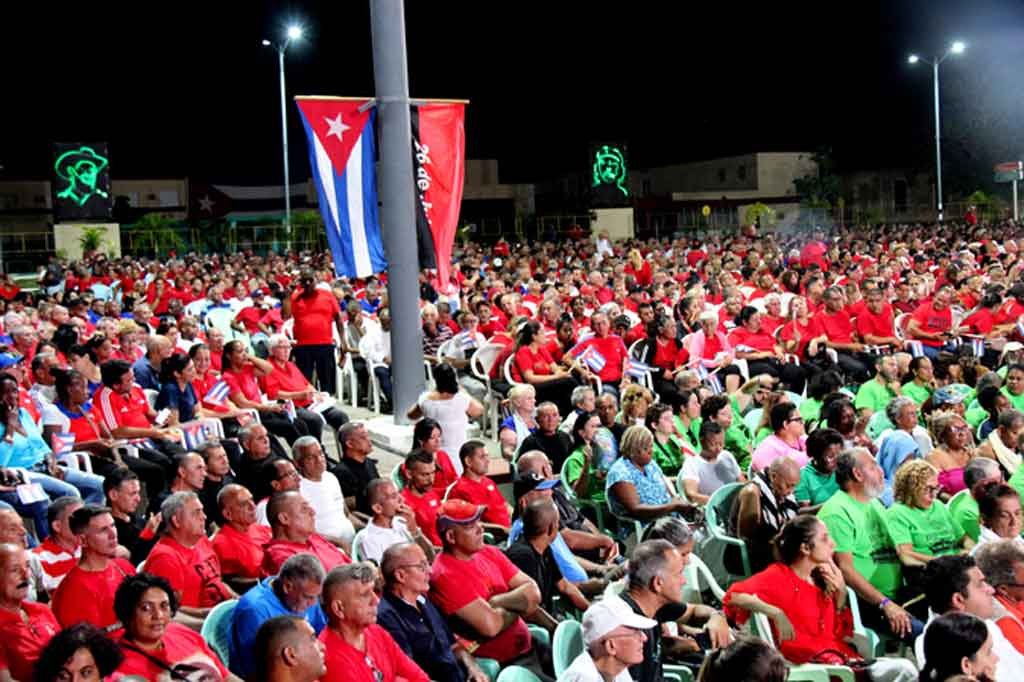
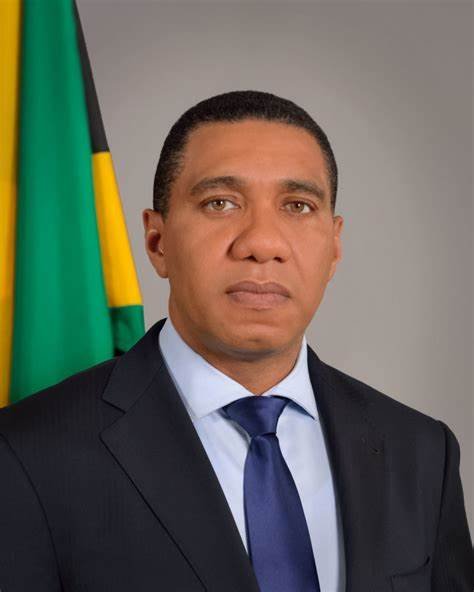
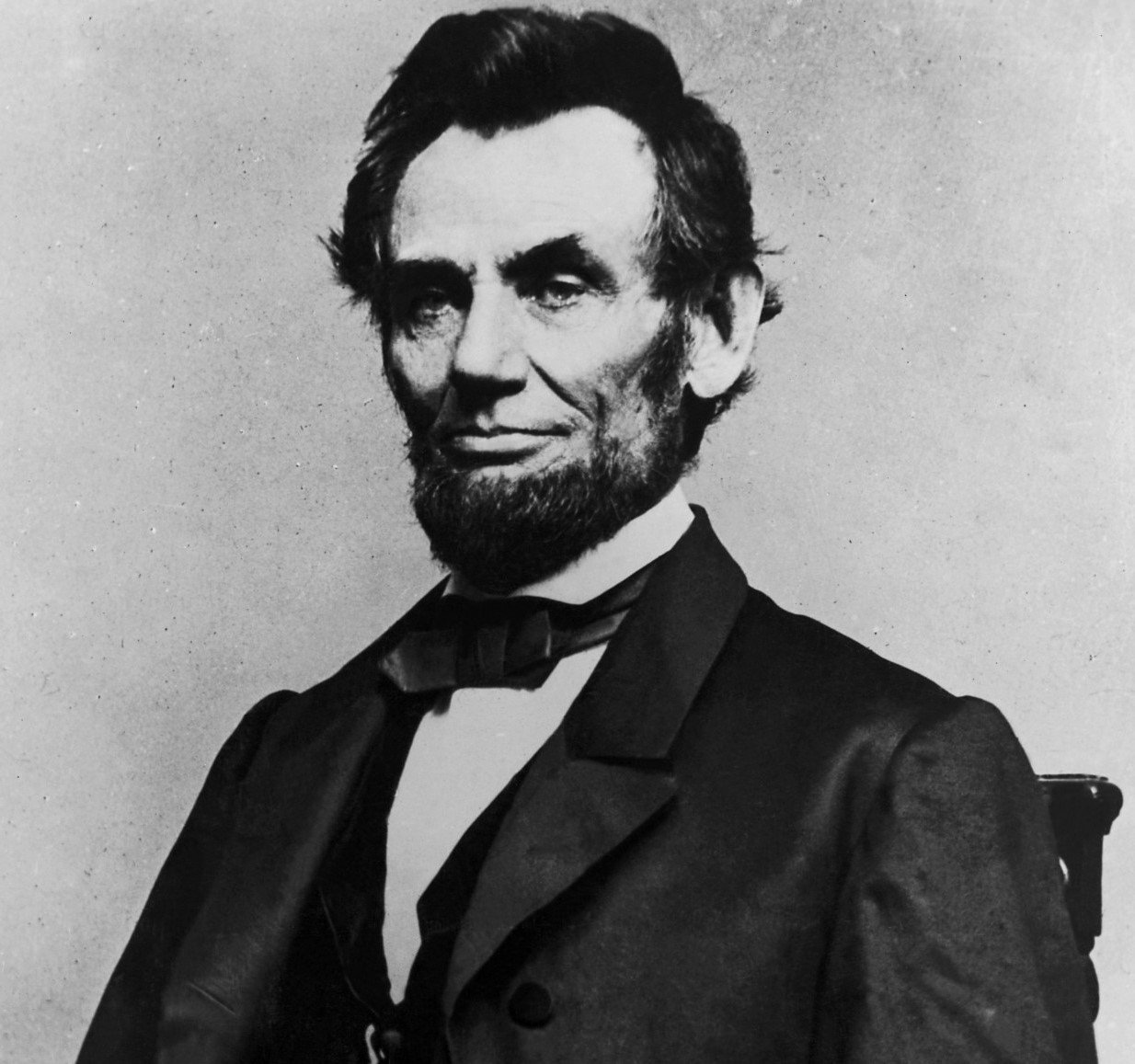
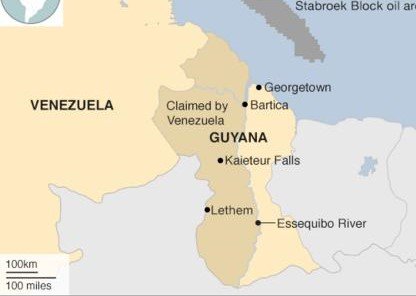
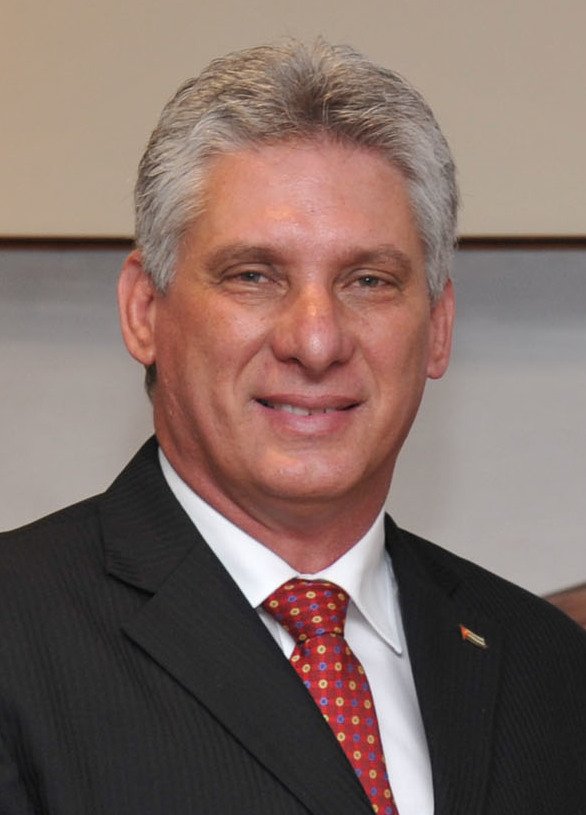
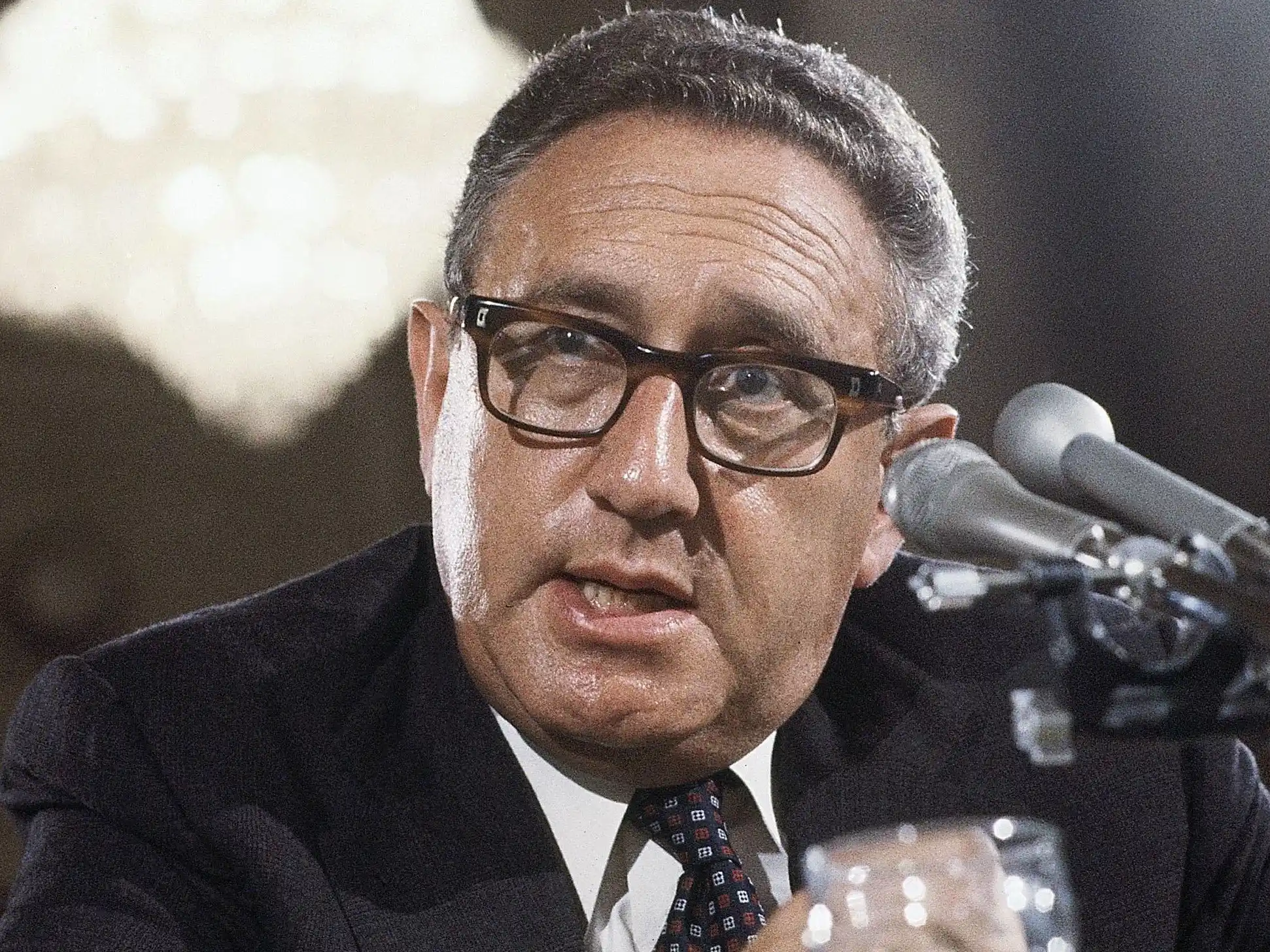
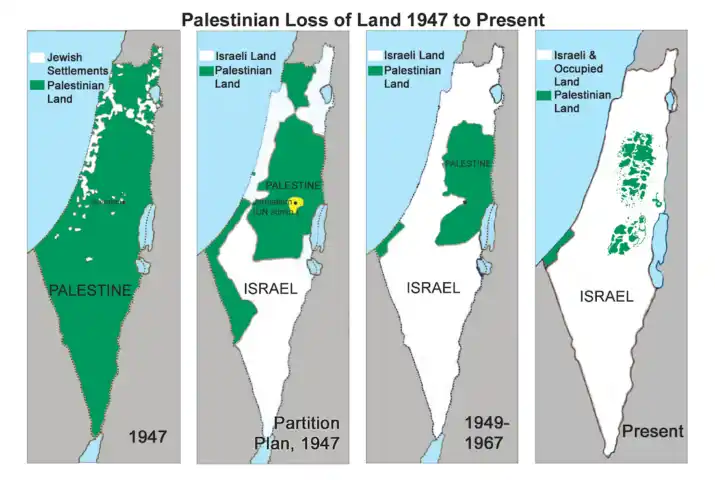
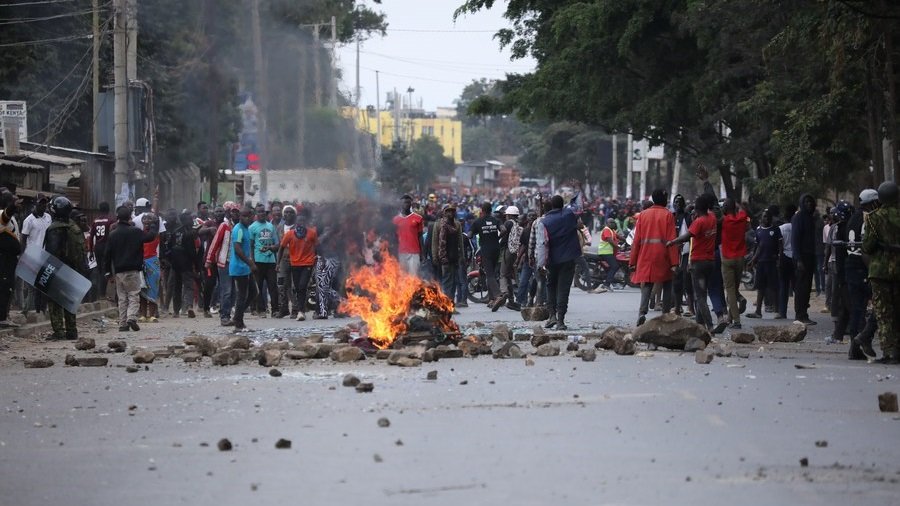
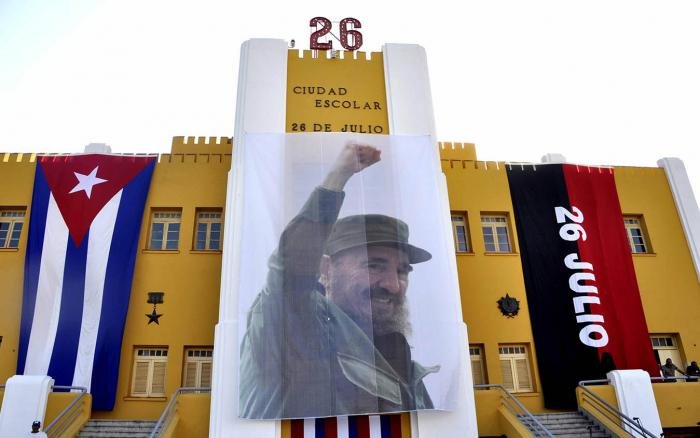
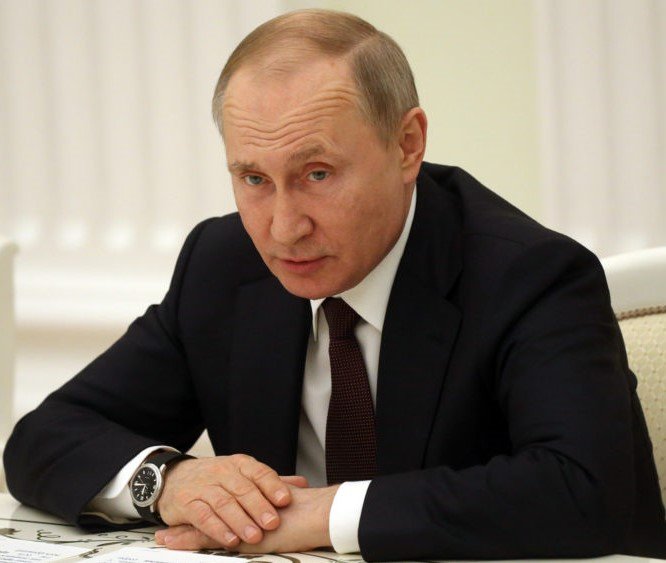
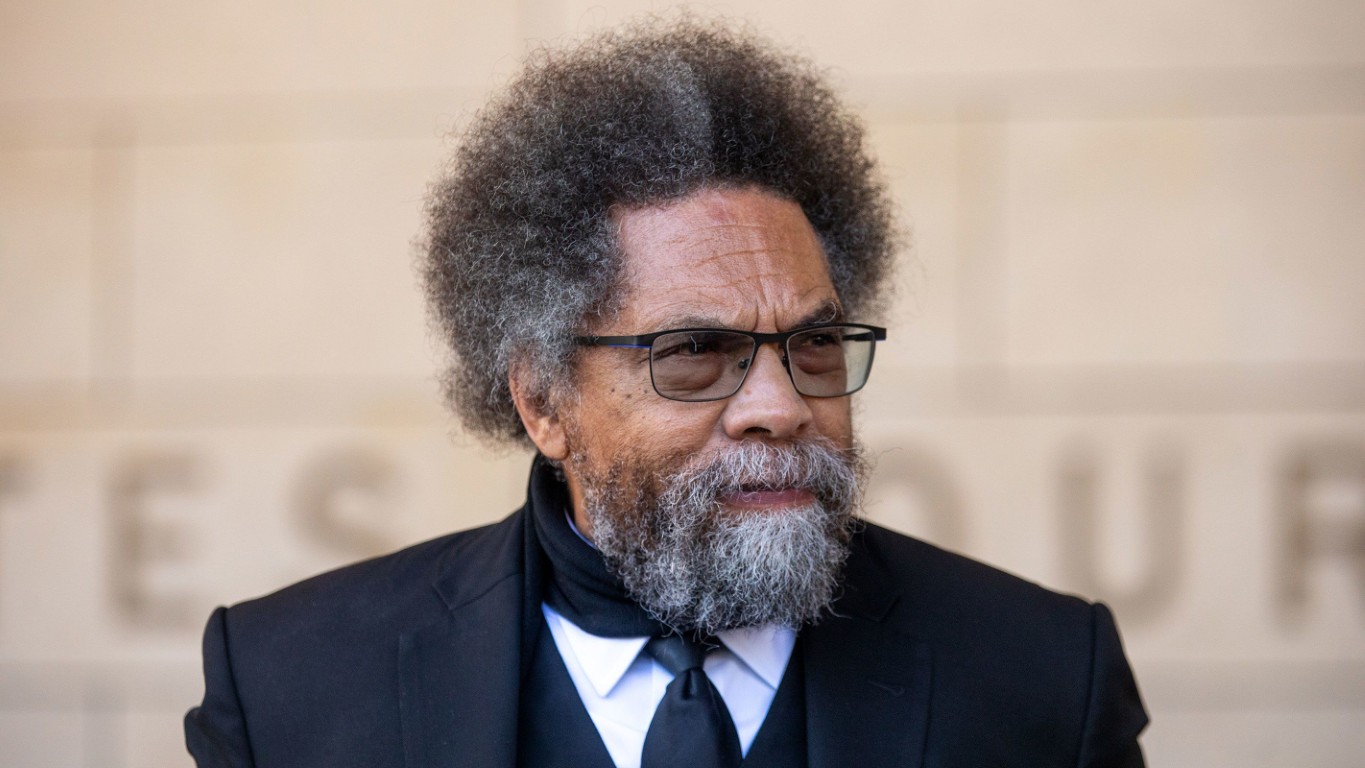
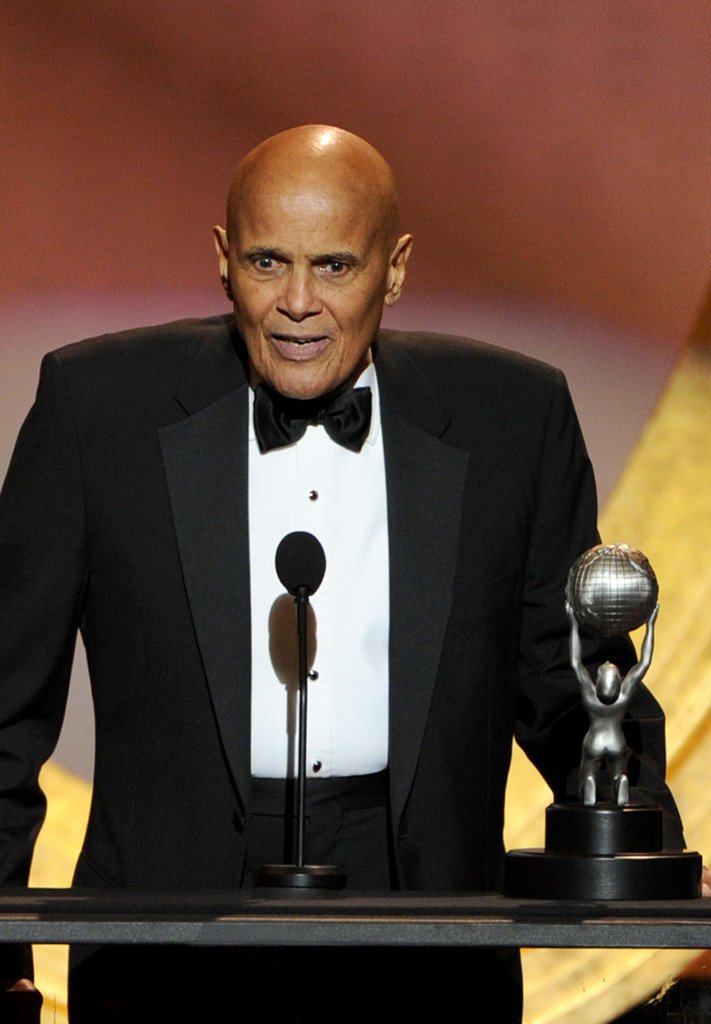
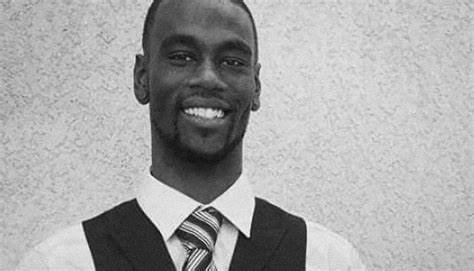
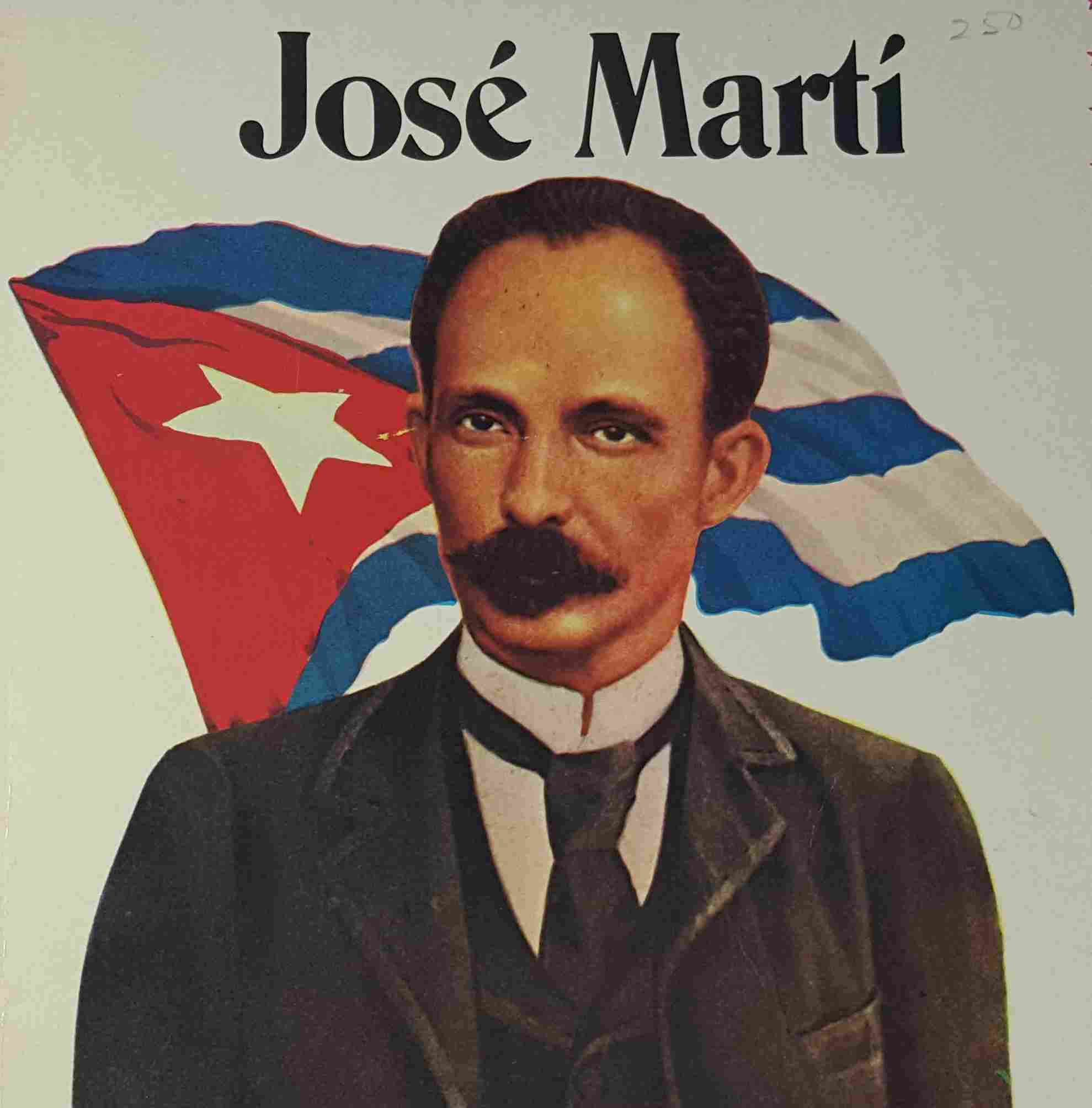
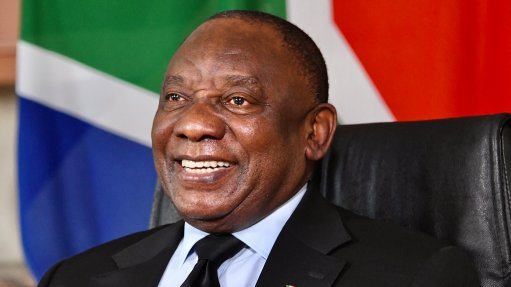
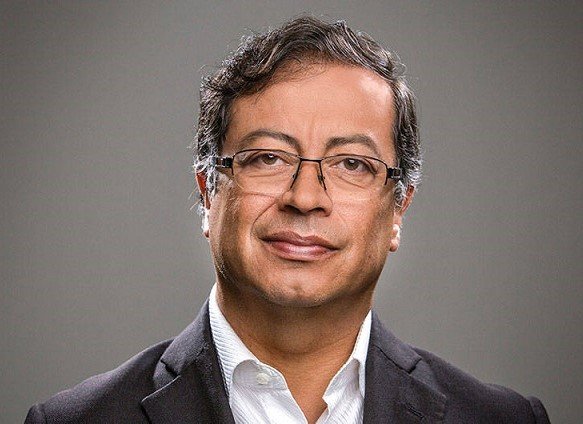

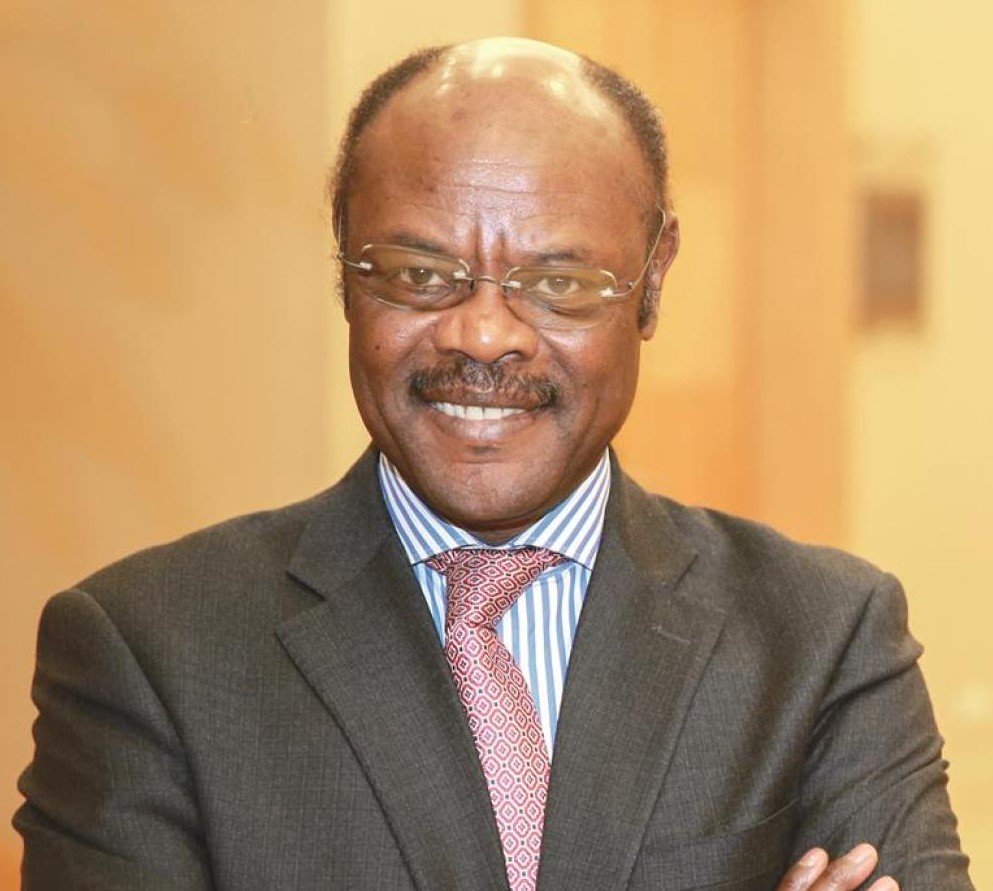
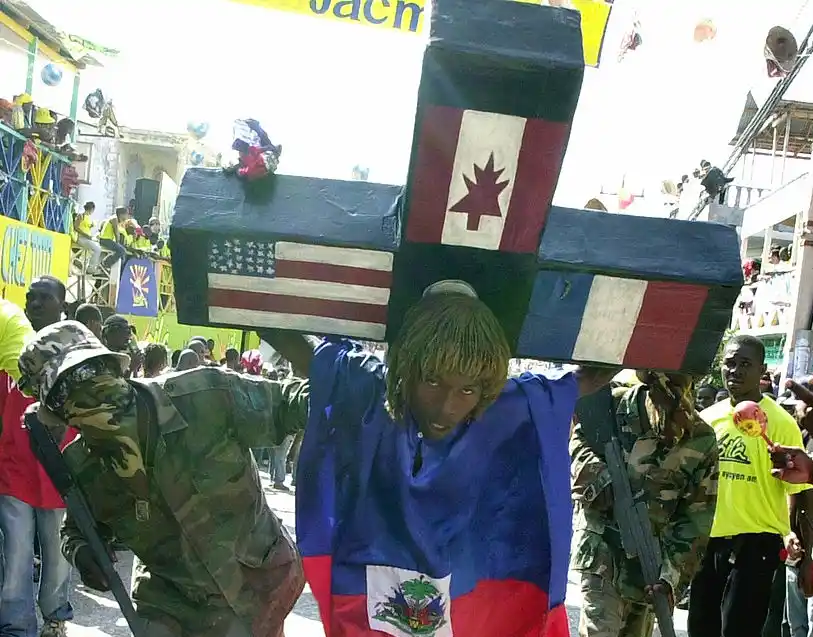
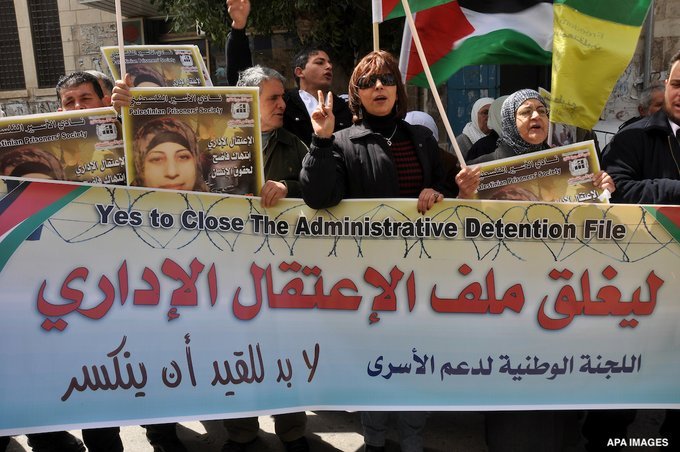
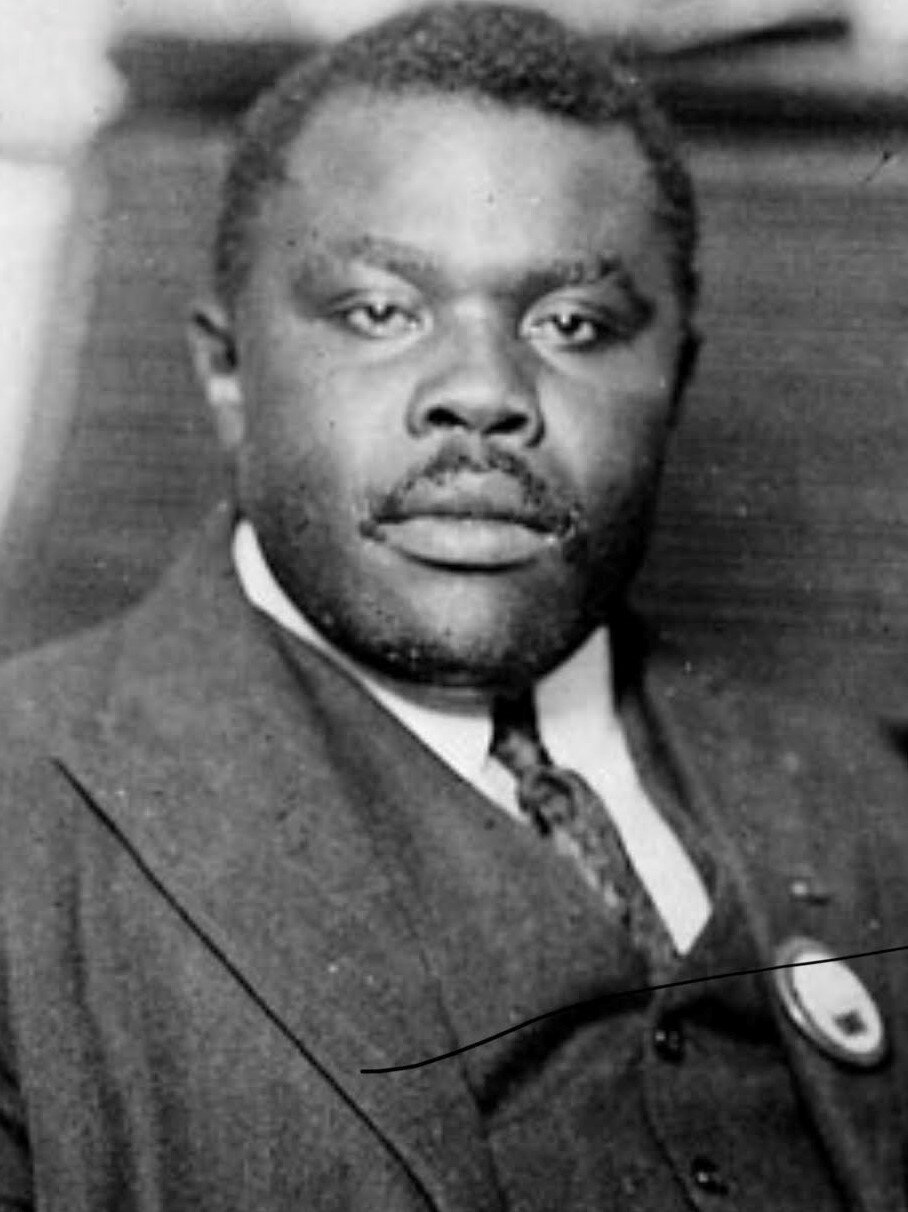
Share with your network